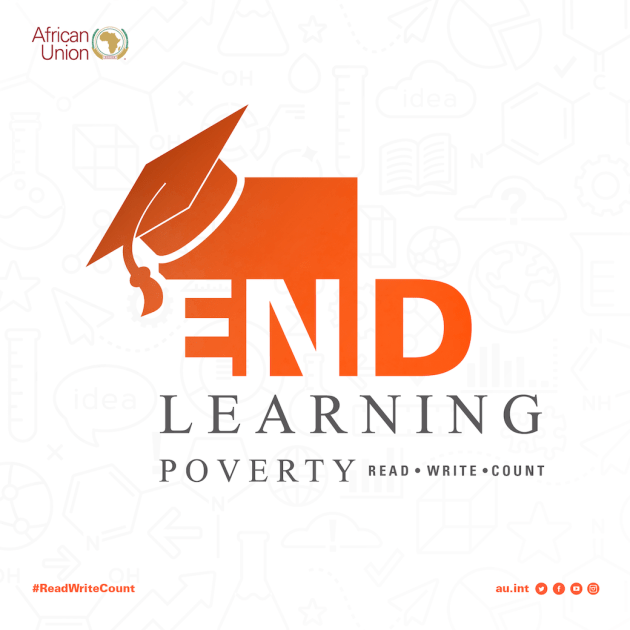Topic Resources
Agenda 2063 is Africa’s development blueprint to achieve inclusive and sustainable socio-economic development over a 50-year period.
WE, the Heads of State and Government of the African Union Member States (Full List of Attending Heads of State and Government), gathered










